Recently, the situation with the events of June 24, which law enforcement agencies of Russia qualified as a mutiny of PMC Wagner, has finally become clear. We refrained from hasty judgments on this issue, waiting for clarification of the situation. And after the meeting of Russian President Vladimir Putin with the commanders and leadership of the PMC Wagner, which was reported by the press secretary of the Russian President Dmitry Peskov, this moment has come. It became possible to declare that the crisis was finally resolved and the opportunity emerged to consider the situation comprehensively.
Recall that on June 24, units of the PMC Wagner, enjoying the fame of the most combat-ready units of the Russian armed forces took control of the headquarters of the joint group of troops operating in the territories of Ukraine annexed to Russia. At the same time, some of the Wagner Group’s units advanced toward Moscow.
During the fighting, the Russian Defense Ministry lost three helicopters and an airplane. We are talking about the Il-22M airborne command post, two Mi-8 helicopters and one Mi-35 helicopter.
According to Russian President Vladimir Putin, the Russian armed forces were ready to stop the rebels by force. However, the convoys of PMC “Wagner” managed to stop without spilling a lot of blood. President of Belarus Alexander Lukashenko, having entered into negotiations with the founder of PMC “Wagner,” Yevgeny Prigozhin, achieved this.
PMC “Wagner” was provided with security guarantees and the possibility of evacuation to Belarus.
What were the reasons for the actions of the “Wagner Group”?
The representatives of PMC “Wagner” explained their actions by the desire to achieve “justice” and to remove Russian Defense Minister Sergei Shoigu and Chief of the General Staff of Russia Valery Gerasimov, unpopular in the troops, from their offices. These two are being held responsible for problems with the troops’ equipment, supply, and operations planning.
The day before the speech, however, Yevgeny Prigozhin published an interview in which he criticized the “oligarchs” who, in his opinion, are profiting from the war and whose aspirations, according to him, were largely responsible for the conflict.
However, after June 24, Prigozhin himself explained that the reason for his speech were the intentions of the Russian Defense Ministry to disband the PMC Wagner as a combat unit.
A left-wing march?
Most likely, the actions of the Wagner group were caused by complex reasons of internal political nature. One thing is clear – their leader’s call for social justice was a smart move. It ensured, if not support, at least silence of a significant part of society, which refused to condemn or actively oppose the rebels. The issue of social justice is extremely topical for Russia, as well as for many countries of the capitalist world.
These sentiments correlate with positive attitudes toward the USSR in all strata of Russian society. The idea of equity in society, social solidarity, brotherhood of peoples, social mutual aid, a society not divided into classes, with a more or less equal distribution of natural and social wealth is one of the dominant tendencies in Russian society. For a huge part of the Russian people, “Soviet society” has long since stopped being conceived of as impoverished and totalitarian.
It is indicative that it was the President of Belarus, the country where the remnants of the Soviet social and political model have been preserved to the greatest extent, who was able to stop the rebels.
Preserving the balancing model of Russian governance
After the events of June 24 were resolved, Russian President Vladimir Putin met with the heads of the security forces, including Defense Minister Sergei Shoigu, whom he thanked for actively countering the insurgency. However, following this, he also met with the commanders of PMC “Wagner” and Yevgeny Prigozhin. They were offered to continue serving in the Russian armed forces in a different format.
The very fact of these two meetings demonstrates that the Russian president continues to exercise the role of a referee who is above the fray, even if it is a fight between two security agencies at a critical time for the country.
At the same time, Putin demonstrates that he manages the situation in the country, respects the combat merits of the PMC “Wagner” fighters, but is not going to make concessions under the pressure of outside forces, even if he himself may consider these actions adequate to the situation. Talking to Putin from the position of an ultimatum is wrong.
Consequences for Russia
On June 24, Russia endured a serious test. Its main reason, judging by the information that is publicly available, was the intensification of contradictions within the Russian elites and the leadership of the military block of the state system. These contradictions themselves were related to objective issues of the Special Military Operation. These issues were caused and reinforced by the social problems of capitalist Russian society, where there is a demand for socialist or quasi-socialist transformations and slogans of social justice resonate.
A relatively autonomous part of the Russian armed forces was able to oppose the whole system at a critical moment, although not the whole state or the national leader. However, the liquidation of this formation will not solve the problems that caused it, but will only drive it deeper, which may provoke a new social explosion, primarily among veterans. Such a situation may be much more difficult to manage. Russia needs both changes at the level of leadership and management of the armed forces and large-scale social patriotic transformations. However, the system, as a whole, is stable and can realize all transformations “from above”, not from below.
Implications for the world
Russia was able to emerge from the crisis, although it demonstrated serious problems. Undoubtedly, this is a blow to Russia’s image. However, other states should refrain from hasty anti-Russian decisions. Russia is not weak, and what others perceive as “weakness” may cause problems for Russia’s adversaries. It is possible that Moscow will solve its problems at their expense.
First, Russia demonstrates the stability of its system despite the problems. Belarus-Russia ties are strengthening even more strongly, practically reaching the level of “two countries – one people”. News about the deployment of PMC “Wagner” fighters in Belarus has already caused serious concern in Poland and the Baltic States.
Secondly, in the military confrontation in Ukraine, Russia demonstrates resilience. The insurgency has not caused problems on the frontline.
Thirdly, a significant part of the PMC “Wagner” fighters will obviously find a use abroad, refusing to integrate into the armed forces waging war in Ukraine under new conditions.
Therefore, we should expect not weakening, but strengthening of the Russian military presence in other regions of the world, primarily in Africa. The autonomy of Wagner, which allowed it to go against the leadership of the Russian Defense Ministry, will ensure autonomous functioning here, despite the problems in Russia. The fact that Wagner’s leadership retains the ability to communicate with the Russian leadership and has communications with the leadership of Belarus suggests that they will not act contrary to Moscow’s strategic interests. This may cause a new headache in Washington, Paris and London.







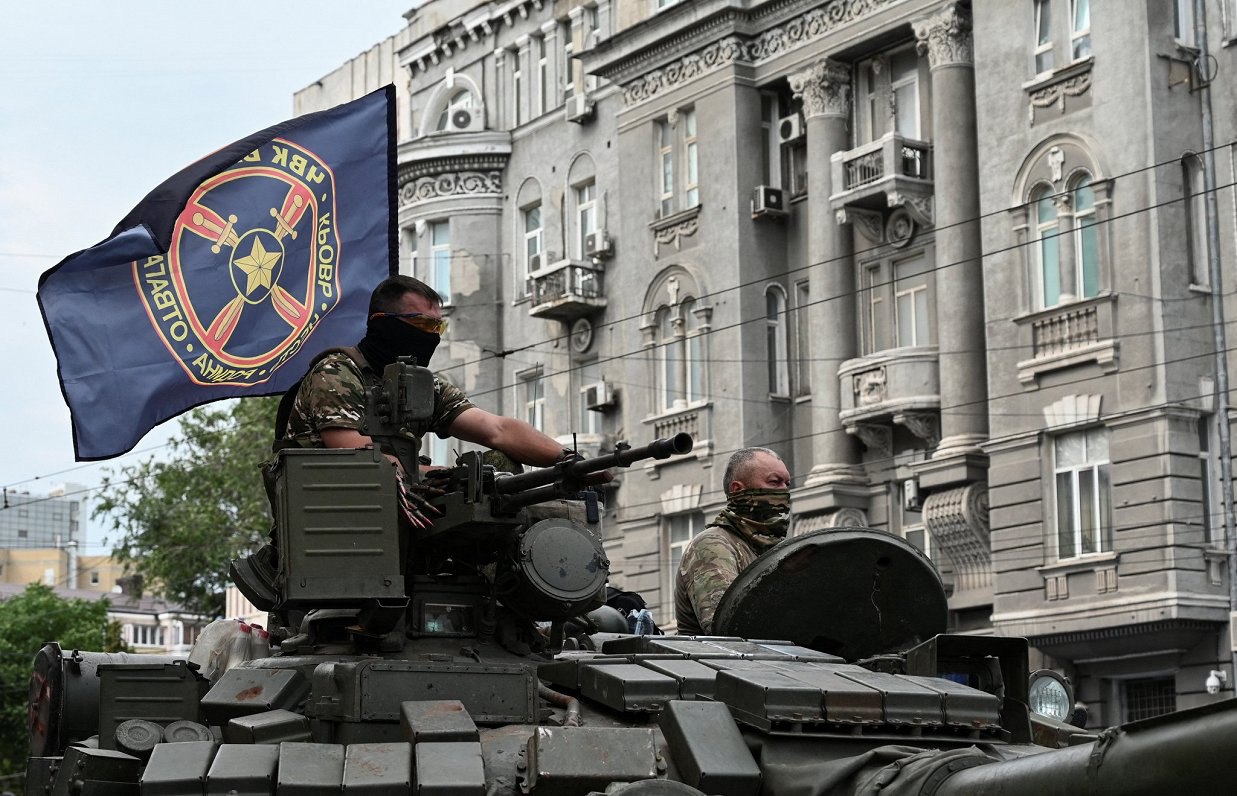

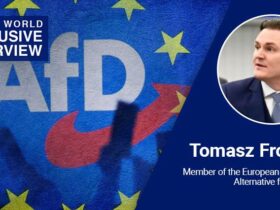

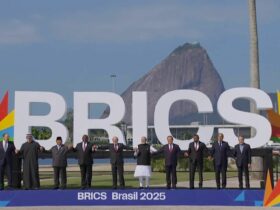
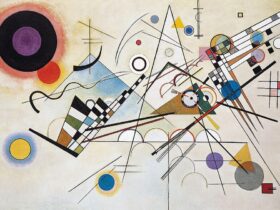

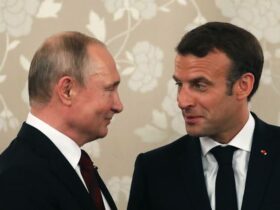


Leave a Reply